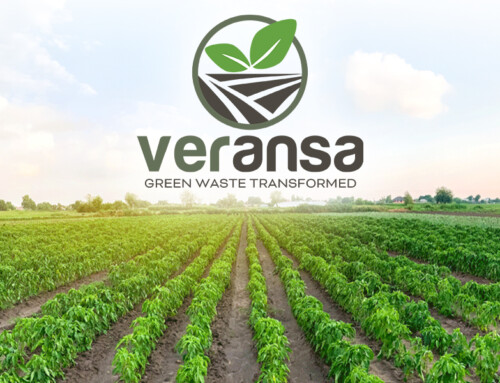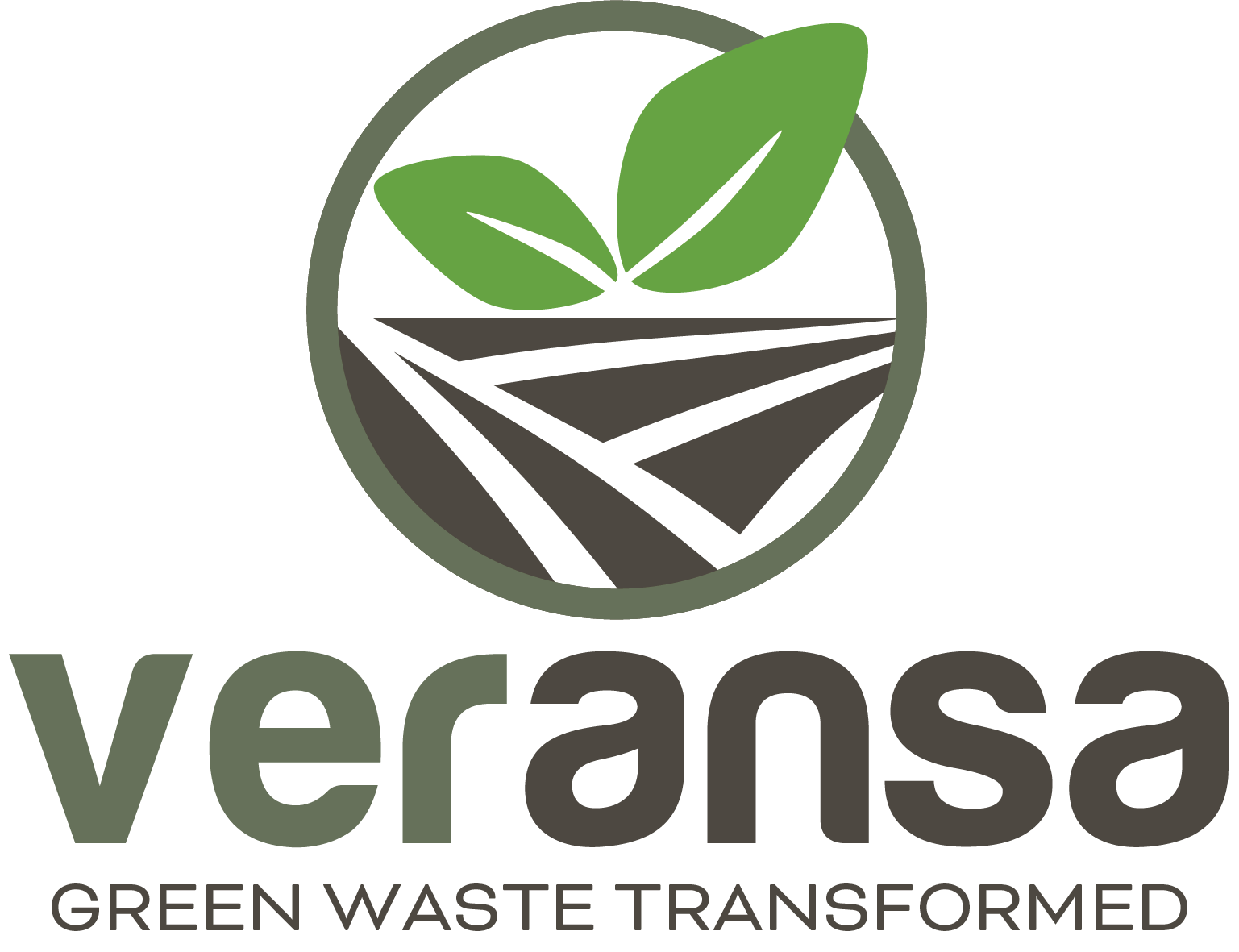Golf is a way of life in South Florida, as our weather lends itself beautifully to year-round tee times and endless rounds. While golf courses have always had “greens,” the push towards sustainability in all aspects of our life and leisure has prompted those in course management to find more eco-friendly ways to manage their grounds. Today, we take a look at how some golf courses around the country are leading the charge toward green policies and goals.
More Efficient Energy Use: Improving energy efficiency has become a primary objective for many golf facilities looking to minimize their carbon footprint. Routine energy audits provide courses with the ability to identify short-term needs and hidden energy drains; as well as to strategize and develop long-term plans to conserve energy. High-efficiency lighting has been one of the more prolific course improvements, and solar panels are increasingly being utilized (especially in the Sun Belt) to power everything from maintenance buildings to golf carts.
Water Conservation: While drought in Florida is a seasonal phenomenon, some parts of the country know just how precious a resource water can be. Water conservation is no longer a luxury for golf courses, no matter where they are located – it is a necessity. While more efficient irrigation equipment is working to minimize water waste, golf course officials are also utilizing other methods of conservation, such as utilizing recycled or reclaimed “gray” water and devising innovative storm water retention systems. Some course administrators have chosen to let non-playable areas “go native” with drought-resistant plants, and others employ premium turf products that reduce the need for frequent watering and support drought resilience.
More Responsible Chemical Use: To protect the health of both humans and the environment, course superintendents are utilizing best management practices to guarantee the safe storage, application, and usage of all chemicals. When correctly applied, most chemicals are adequately filtered by the turfgrass root system – meaning that the chemical generally will not taint aquifers and groundwater. However, superintendents at golf courses are always looking for better strategies to minimize chemical application as much as possible while still maintaining functional thresholds for insects, fungal diseases, and weeds. One such way is the incorporation of innovative premium turf products that drastically reduce or eliminate the need for harmful chemicals, biosolids, manure, or contaminants altogether.
Natural Habitat Management: Best management practices should support and cultivate existing natural habitats on golf courses, in order to promote wildlife conservation. By connecting natural areas of all types, such as ponds, woods, streams, and meadows, wildlife movement over the course is facilitated, allowing access to the natural areas existing outside it. Golf courses are installing native plants from local nurseries, cultivating flowers to provide nectar to bees and butterflies, and building nesting boxes for birds and bats. These improvements both enhance the natural beauty of the golf course and support local biodiversity efforts.
Recycling Efforts and Pollution Management: Golf course facilities across the country are leading the way in recycling and waste reduction initiatives. They recycle millions of pounds of plastic, glass, and cardboard annually, and many (such as California’s iconic Pebble Beach) compost food scraps from their clubs and restaurants and recycle all green waste for reuse in the community.
Veransa Premium Turf is Ideal for Golf Courses
The corporate values held by the team at the Veransa Group closely align with efforts of golf courses around the country. We are dedicated to producing 100% natural and safe turf products that are resilient to pests and drought, resulting in gorgeous Florida lawns, sports fields, farms and golf courses. To learn more about our sustainable turf, composts and mulches, click here or call today.
Municipalities- are you looking for a sustainable partner for green and wood waste collection and processing? The team at the Veransa Group looks forward to speaking with you.




